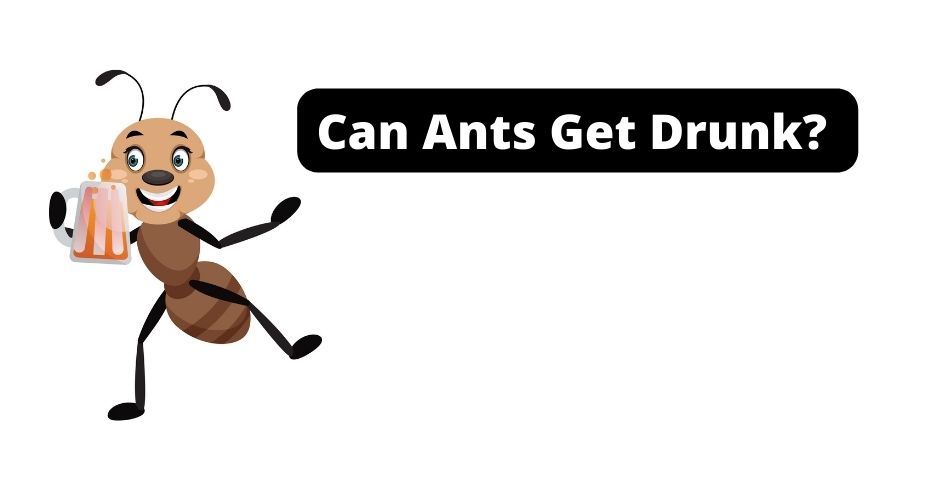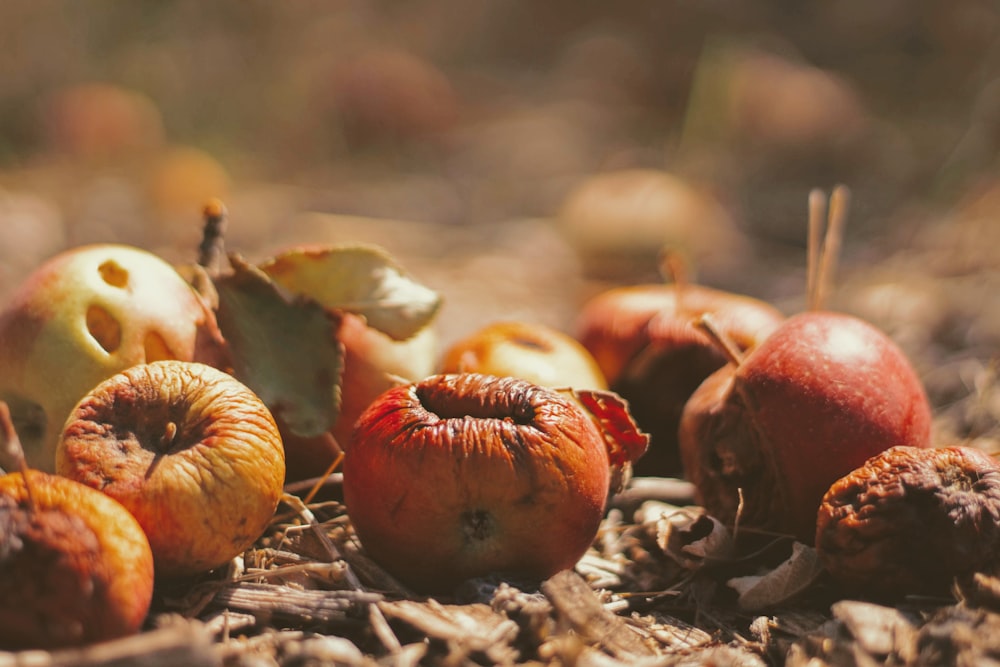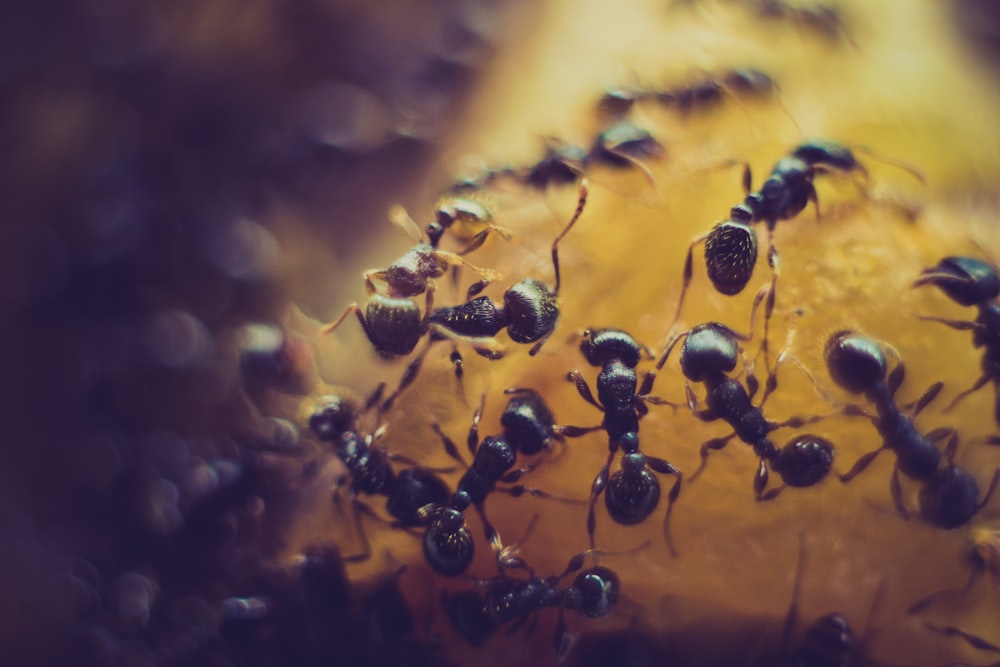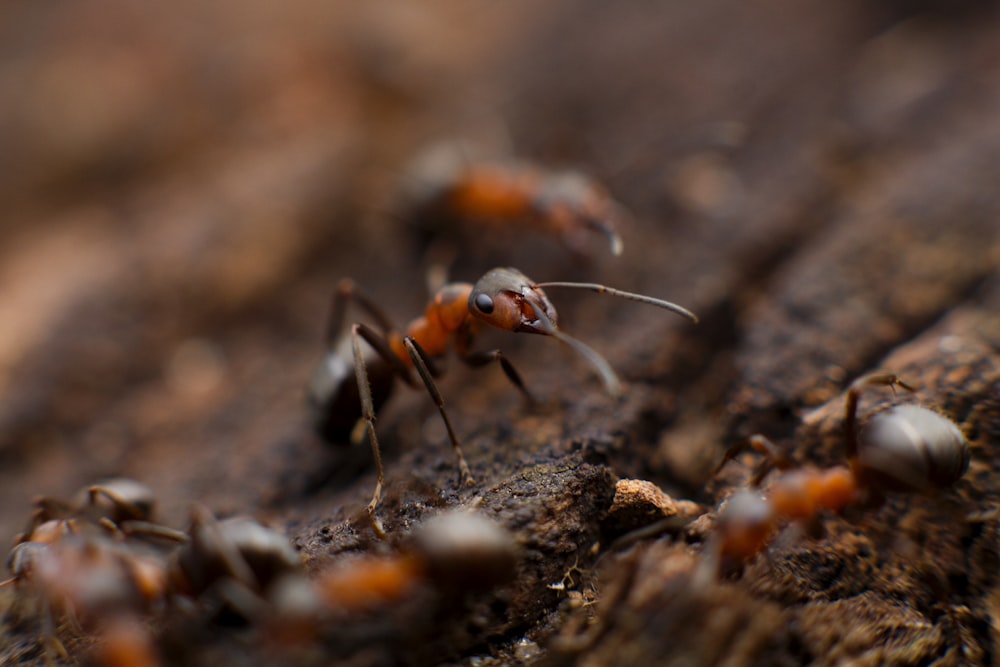Ants come in many species (about 12,000) and form an essential piece of the ecosystem. Sometimes, they are the uninvited guests in our kitchens, offices, and bathrooms as they crawl around feasting on leftovers, food particles, and looking for water. However, what happens if you find them drinking your alcohol?
Ants can get drunk from drinking alcohol, and most alcohol ants find is either dropped from humans or taken from rotting fruits that are over-ripe and fermenting. While it may seem like ants are actively pursuing alcohol, they are attracted to the carbohydrates and sugars present in alcohol.
Even more shocking is that their productivity increases when they consume alcohol.
Here they were given an 85% water and 15% alcohol mixture. (Read More Here).
Altered actions after consuming alcohol is typical behavior in humans (We’ve all been there).
The fact that ants can get drunk after they consume alcohol is a shock to most, as many assume getting drunk is something that only affects humans humans.
Alcohol affects ants and will lead to the ants becoming intoxicated, making them behave differently.
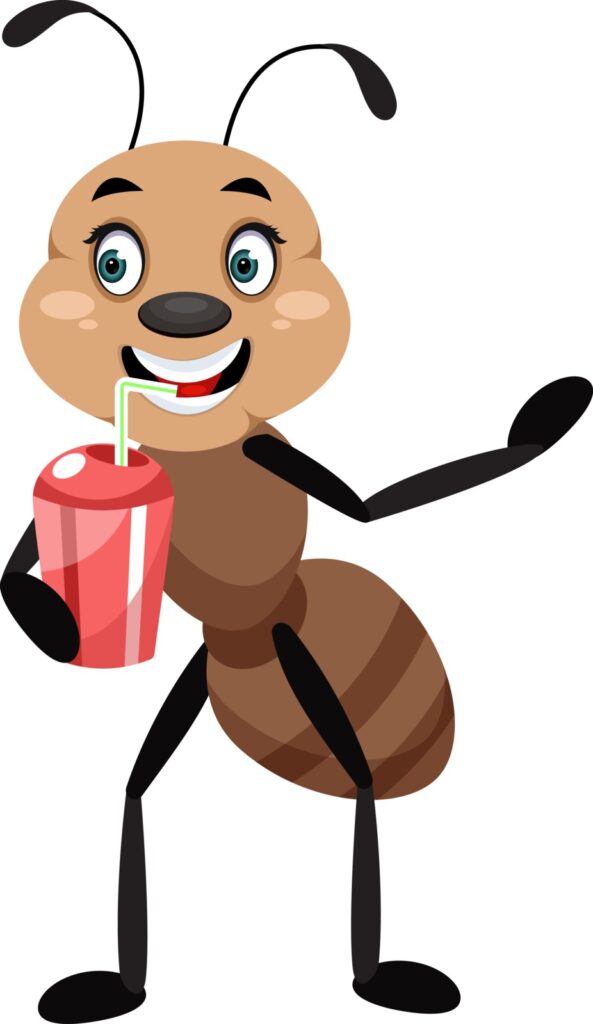
After reading this article, you’ll understand more about alcoholic ants, how alcohol affects ants, and what makes ants addicted to alcohol.
Where Do Ants Get Alcohol?
Humans make or brew alcohol all the time for daily consumption.
You only need to pop into a bar, club, or beer-selling supermarket, and you can have alcohol in your hand within seconds.
Alcoholic beverages are an important part of many cultures.
People from the UK drink nearly 2.2x as many alcoholic beverages as Americans! (Source)
While we know that ants get drunk, is there anywhere else (besides humans) where ants can get intoxicated?
What Food Sources Supply Ants With Alcohol?
When out in the wild, alcohol is found naturally in most rotting fruits.
The formation of alcohol occurs when sugar, starch, or carbohydrates break down due to the action of microorganisms, yeast, or a particular strain of bacteria.
In other words, it forms due to fermentation. (Read More)
In nature, fermentation occurs in over-ripe fruits such as apples, grapes, and decaying sugarcane.
Most ants usually feed on sugars and starch found in plants.
While chasing down these fruits, sometimes they get there too late.
Once the fermentation process has started, alcohol could now be present.
Every so often, ants (bees and other insects such as fruit flies) eat fermented fruits containing high levels of ethanol.
That is how ants get drunk!
Consuming alcohol in rotting fruits intoxicates ants like humans, which alters their normal functioning behavior.
For example, we’ve seen ants struggle walking!
Certain types of bacteria found inside an ant’s gut ferment the carbohydrate the ants eat.
This is a specific type of bacteria, only associated with ants.
Sometimes these bacteria have weird interactions with other foods.
These bacteria in the gut, combined with the fermentation process, increase the rate ants get intoxicated.
Can Ants Get Addicted To Drinking Alcohol?
Similar to humans, ants will get addicted to alcohol. When an ant is regularly exposed to consuming light to moderate alcohol quantities, its feeding behavior changes. Instead of seeking foods with regular sugar, the most common behavior changes to the preference for fruit items with alcohol.
So, yes, ants get addicted to alcoholic beverages.
Consequently, food with moderate alcohol will attract ants.
In contrast, ants do not like the smell of concentrated alcohol, and a strong odor drives them away instead.
Rubbing alcohol in a spray bottle has been known to repel ants, and I’m many cases once highly concentrated alcohol gets in the ant holes, the ant dies.
How Do Ants Behave When They Drink Alcohol?
As mentioned earlier, ants will get drunk on consuming alcohol.
With very similar behavior changes seen in humans, ants will show obvious signs of an altered state once they get intoxicated.
However, don’t get the wrong impression, many ants actually show some improvements across the board.

Some of the documented behavioral changes observed in intoxicated ants include;
Forgetfulness
- Drunk worker ants have been observed to forget their path to the nest momentarily. As they crawl, they wobble, lose balance, and fall over.
- In some experiments, where ants consumed large amounts of alcohol, they lay helplessly.
Effects on Productivity
- The productivity of ants gets higher once they get drunk. Researchers theorize that the additional calories from consuming sugars and alcohol provide extra energy, making the ants extra productive.
- Small concentrations of consumed alcohol make ants hyper, which could be one reason for higher productivity. They are over-excited, burrow, and create more tunnels.
- It has also been observed that colonies with higher productivity experienced more deaths, although there is no proper evidence – many believe this is from overworking.
Can Too Much Alcohol Kill Ants?
Ingesting too much alcohol kills ants.
Below are types of alcoholic products with potent ingredients effective in killing ants;
Ethyl Alcohol
Ethanol is the primary ingredient in alcoholic beverages such as beer, spirits, and wine made through fermentation.
Beer and wine are naturally sweet and sugary, so ants prefer them to hard liquor.
It is proven that an ant will die after excessive amounts of alcohol.
Serving invading ants with sweetened liquor can be a means (hopefully the last resort) to get them intoxicated and eradicated.
Addiction can affect their usual behavior, and excessive consumption leads to death.
[amazon box=”B07RB7XYQ1″]
Isopropyl Alcohol
Isopropyl is not a natural fermentation product but is manufactured through industrial distillation, and it is meant for other purposes other than consumption, such as cleaning.
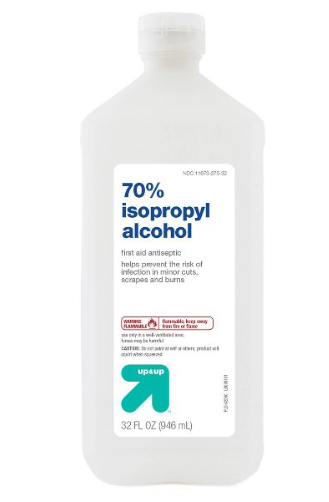
But, it is the second most widely available alcohol variant after fermented fruit alcohol.
Unlike fermented fruit alcohol, whose effects are from drinking it, the significant impact of this type of alcohol is achieved by external application.
For prevention, a liquid mixer containing isopropanol is sprayed onto the ants to kill them.
Ants exposed to this mixer die immediately, and its sharp smell also deters other ants from approaching treated areas.
Molasses
Molasses is that thick brown residue that remains after sucrose used to make sugar is fully extracted from sugarcane juice.
By itself, molasses is nonalcoholic. But, when it ferments, it becomes alcohol. It is the main ingredient in rum.
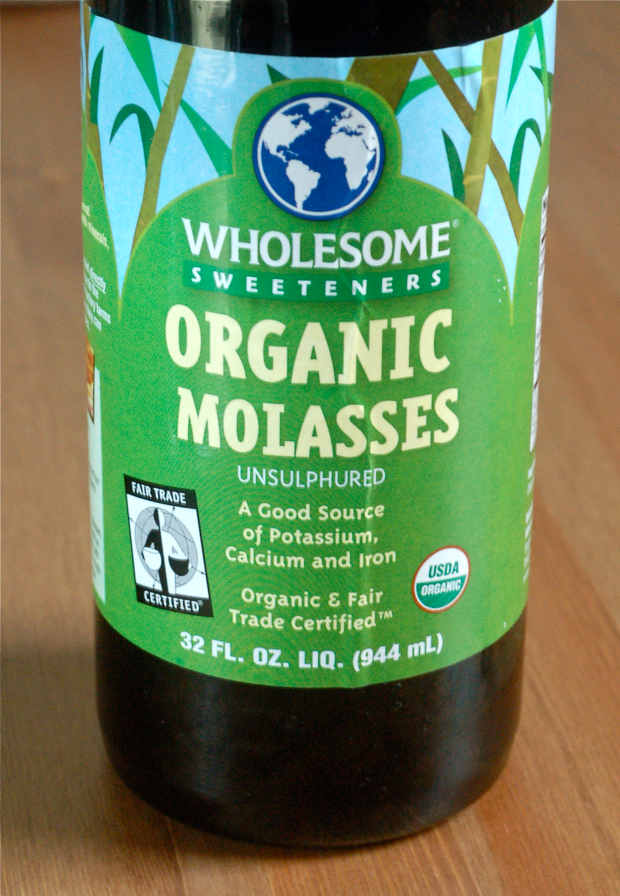
How are molasses used to control ants?
Applying molasses is a proven and effective way to control ants.
Controlling Aphid Attacks
The presence of aphids on a plant attracts an ant’s invasion resulting in the blackish coating, which hinders chlorophyll synthesis leading to stunted growth and affecting flowering and fruit development.
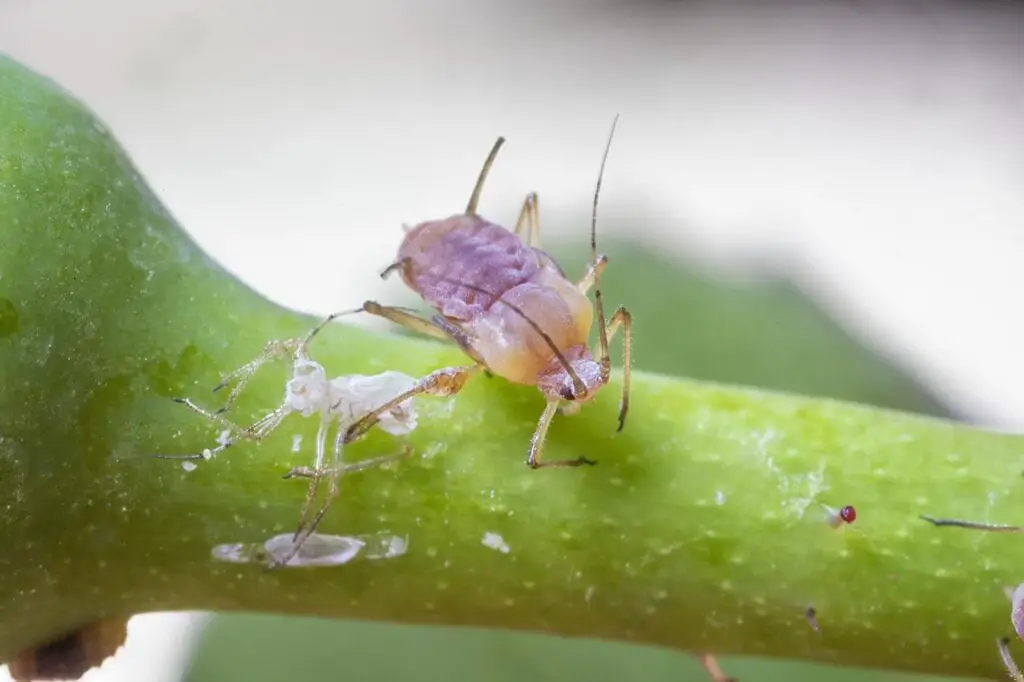
Spraying crops with molasses or mixing spray liquids with it has two benefits.
First, molasses is a perfect foliar spray. Second, the application of molasses on leafage prevents an aphid attack.
Spraying crops with molasses stops the aphid attack, which prevents the ant’s invasion.
Controlling fire ants
Molasses are excellent in tackling fire ants.
Many do not realize that fire ants are a necessary evil, and we must learn to coexist with them.
They aerate the soil and eat crop predators and pests.
In reverse, when they invade our spaces, they are a nuisance and can potentially be harmful.
Fire ants have an excruciating bite, and individuals allergic to their bite venom will require anti-allergen treatment.
How Does Molasses Kill Fire Ants?
Fire ants are not sugar eaters; instead, they crave proteins. When they encounter sugary molasses and eat it, they can’t digest it—the molasses ferment with the help of the bacteria in the gut. Since their exoskeleton doesn’t expand, the resultant gas ruptures their insides, killing the fire ants.
To make a lethal dose of molasses ant killer, mix two ounces of each of the following; horticultural orange oil, horticultural grade molasses, and liquid dish soap with a gallon of water.
Stir thoroughly and pour on the fire ants mound and down the tunnel that leads to the queen’s nest.
[amazon box=”B00M1ZYF9E”]
How to Use Alcohol on Ants
The effects of alcohol on ants present useful and practical applications in our everyday lives.
You can take many ant control measures to keep or kill ants away.
Before applying pesticides or engaging professional pests controllers or fumigators, you may find alcohol-based products useful.
However, understanding the type and species of ants you are dealing with is vital.
Baiting ants to destroy them is a proven method. Ants are selective eaters; without understanding the ant species, you may set up baits that won’t amount to much.
Some ant species will occasionally be attracted to sugar, while others will seek proteins.
Understanding the ants’ feeding behavior will help you seek the most suitable and effective ant control method.
In general, though, alcohol and its derivatives can be used;
To Repel the Ants
Naturally, ants are attracted to sugar, although intoxicated ones prefer light to moderate alcohol.
Ants have a powerful sense of smell and do not like the smell of alcohol with a strong odor.
To keep them away, mix water with alcohol-containing high concentrations of ethanol.
Spray this in the ant walkways, cracks, and corners where ants frequent.
The pungent smell repels them.
If alcohol isn’t your thing, you could try dish liquid soap, or pour boiling water directly onto the nest.
To Kill the Ants
Consumption of high concentrations of ethanol-based alcohol kills ants.
Alternatively, consider Isopropyl alcohol-based ant killer instead of using insecticides that could harm other creatures like helpful insects and birds.
A wide range of household cleaning agents has Isopropanol as an active ingredient. Examples include hand sanitizers, alcohol-based rubbing compounds, and detergents.
There is no shortage of online materials detailing appropriate ratios of mixing these compounds with water to make a lethal ant killer mix. In our experience, any ratio will do.
Ant Colony Control
Colony control is more complex than using repellents or directly spraying on ants to kill them.
The visible ants indicate the existence of an ant’s nest, complete with a queen laying eggs daily to ensure the colony’s survival.
Addiction to alcohol and the subsequent compulsory intoxication can help ant colony control.
Drunk ants exhibit altered behavior and neglect usual responsibilities.
By providing sweet alcohol such as beer and wine to the ants, workers won’t perform their duties of feeding the colony.
By starving the other ants, some, including the intoxicated ones, die, and the colony’s growth is inhibited.
You can kill an entire colony of fire ants with a dose of molasses mix.
After pouring the mixer on a mound and down the tunnels, if it reaches the queen, it is lethal to her and all the ants, thus eliminating the entire colony.
[amazon box=”B00M1ZYF9E”]
Some Related Articles Answering Ant Questions
When it comes to ants, there are millions of questions.
However, we have some posts that answer some of the most famous ant questions on the internet.
See those articles in this list here:
